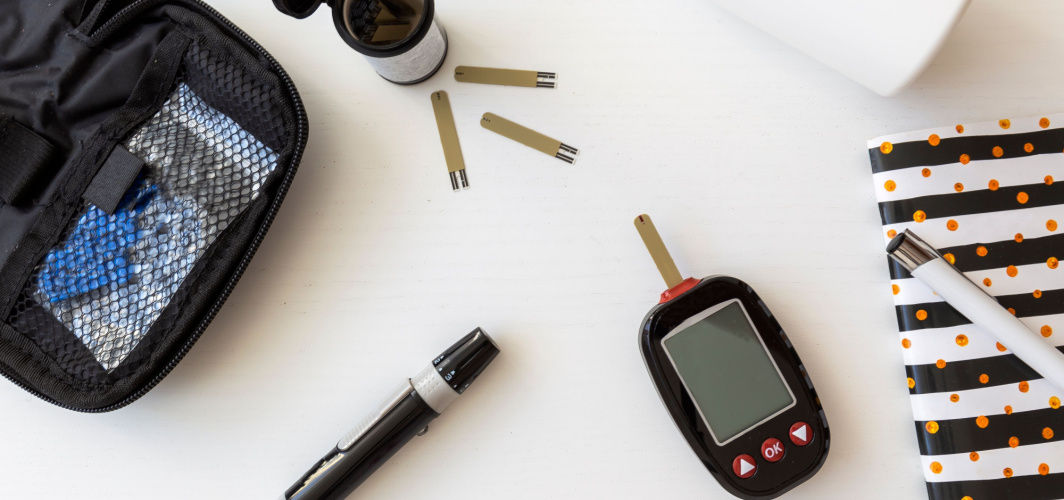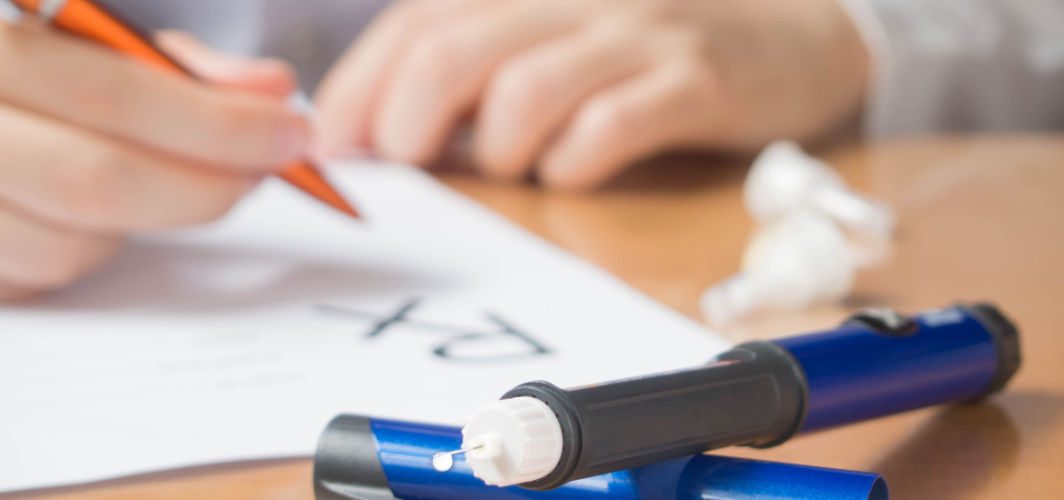Diabetes Management
Can Diabetes Affect Your Appetite?
1 min read
By Apollo 24|7, Published on - 21 August 2024
Share this article
0
0 like
.jpg?tr=q-80)
Are you living with diabetes and have noticed changes in your hunger levels? If so, you're not alone. Many individuals with diabetes report fluctuations in their appetite, ranging from increased hunger to a noticeable decrease in their desire to eat. This is a common aspect of managing diabetes and one that has several underlying causes.
The Impact of Diabetes on Appetite
Diabetes indeed can affect your appetite in various ways, leading to both increased and decreased hunger. One primary symptom linked with diabetes is polyphagia, which means excessive hunger. This often happens due to high blood sugar levels where your body struggles to use glucose properly because of insufficient insulin. As a result, the body signals hunger, causing you to eat more, yet the hunger sensation remains unfulfilled. Low blood sugar instances can also lead to an increase in appetite as your body seeks to restore glucose levels.
Conversely, some people with diabetes may experience a loss of appetite due to various reasons like gastroparesis (a condition affecting the stomach's ability to empty properly), medication side effects, mental health factors, illness, or poor diabetes control.
Managing Your Appetite with Diabetes
Understanding these appetite changes is the first step towards better diabetes management. A balanced diet, regular exercise, and effective medication can help manage these fluctuations in appetite and maintain your blood sugar levels within the target range.
In essence, yes, diabetes can noticeably influence your appetite. If you are experiencing changes in appetite or have concerns about managing your diabetes, it's essential to consult with your doctor for advice.
If you need help managing your diabetes effectively, the Apollo Super 6 programme could be a great asset. The programme focuses on lifestyle changes and personalised support, which can help reduce your weight, waist circumference, and blood sugar, enhancing active lifestyles and sleep quality.
Diabetes Management
Consult Top Diabetologists
View AllLeave Comment
Recommended for you

Diabetes Management
A Step-By-Step Guide To Using A Glucometer
Regular blood sugar monitoring is crucial for effective diabetes management. Glucometers provide convenient at-home monitoring. Gather supplies: soap/alcohol prep pads, test strips, lancing device with lancet, and a notepad/smartphone app. Follow steps: clean hands, turn on glucometer, prick fingertip, apply blood to strip, stop bleeding, record results.

Diabetes Management
Five Essential Tips for Diabetes Self-Management
Effective diabetes management requires regular blood sugar monitoring, a balanced diet, exercise, medication adherence, and stress management. These steps empower individuals with Type 1, Type 2, or Gestational Diabetes to lead healthier lives with reduced complications. Dedication to these measures yields improved health outcomes, making it a worthwhile effort.

Diabetes Management
Understanding Diabetes And Eczema: A Guide To Better Skin Health
Balancing blood sugar levels and managing skin health are integral for individuals with diabetes, particularly those prone to eczema. Regular skincare routines and prompt attention to any changes in your skin are essential in preventing and controlling eczema. Remember to seek personalised advice from a dermatologist to effectively manage your condition.
Subscribe
Sign up for our free Health Library Daily Newsletter
Get doctor-approved health tips, news, and more.
Visual Stories

8 Fruits That are Incredibly Healthy for Diabetes
Tap to continue exploring
Recommended for you

Diabetes Management
A Step-By-Step Guide To Using A Glucometer
Regular blood sugar monitoring is crucial for effective diabetes management. Glucometers provide convenient at-home monitoring. Gather supplies: soap/alcohol prep pads, test strips, lancing device with lancet, and a notepad/smartphone app. Follow steps: clean hands, turn on glucometer, prick fingertip, apply blood to strip, stop bleeding, record results.

Diabetes Management
Five Essential Tips for Diabetes Self-Management
Effective diabetes management requires regular blood sugar monitoring, a balanced diet, exercise, medication adherence, and stress management. These steps empower individuals with Type 1, Type 2, or Gestational Diabetes to lead healthier lives with reduced complications. Dedication to these measures yields improved health outcomes, making it a worthwhile effort.

Diabetes Management
Understanding Diabetes And Eczema: A Guide To Better Skin Health
Balancing blood sugar levels and managing skin health are integral for individuals with diabetes, particularly those prone to eczema. Regular skincare routines and prompt attention to any changes in your skin are essential in preventing and controlling eczema. Remember to seek personalised advice from a dermatologist to effectively manage your condition.



